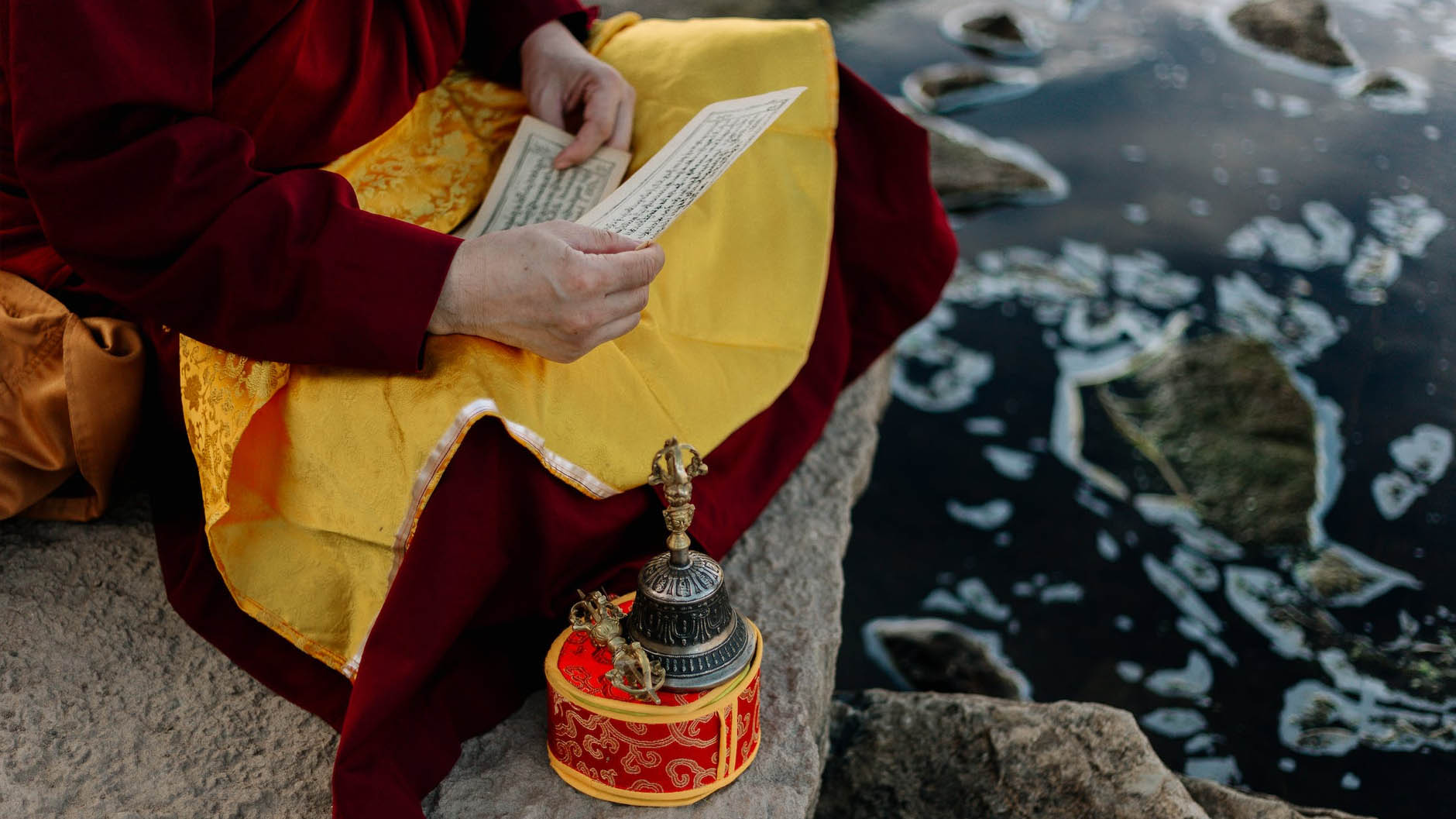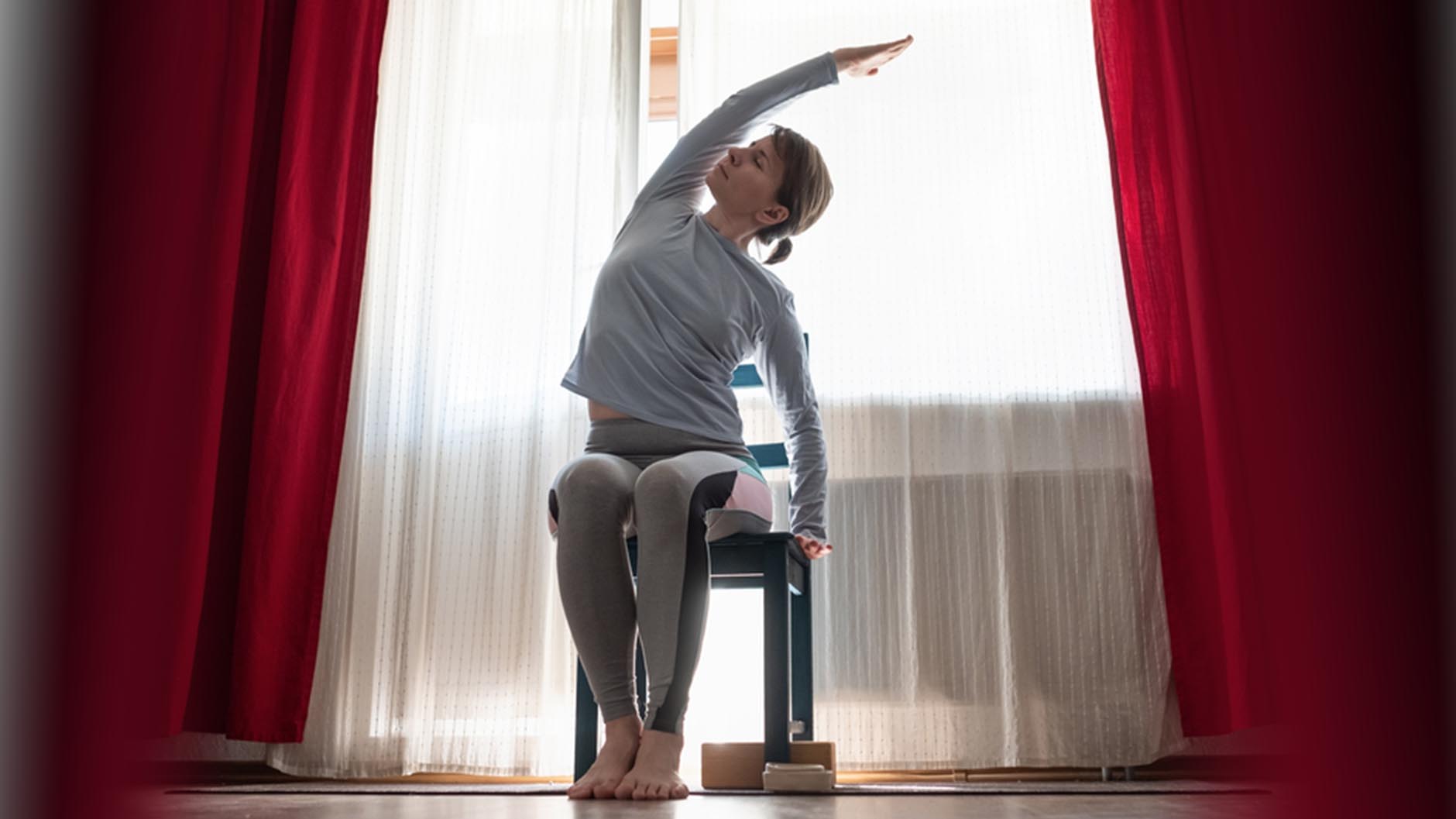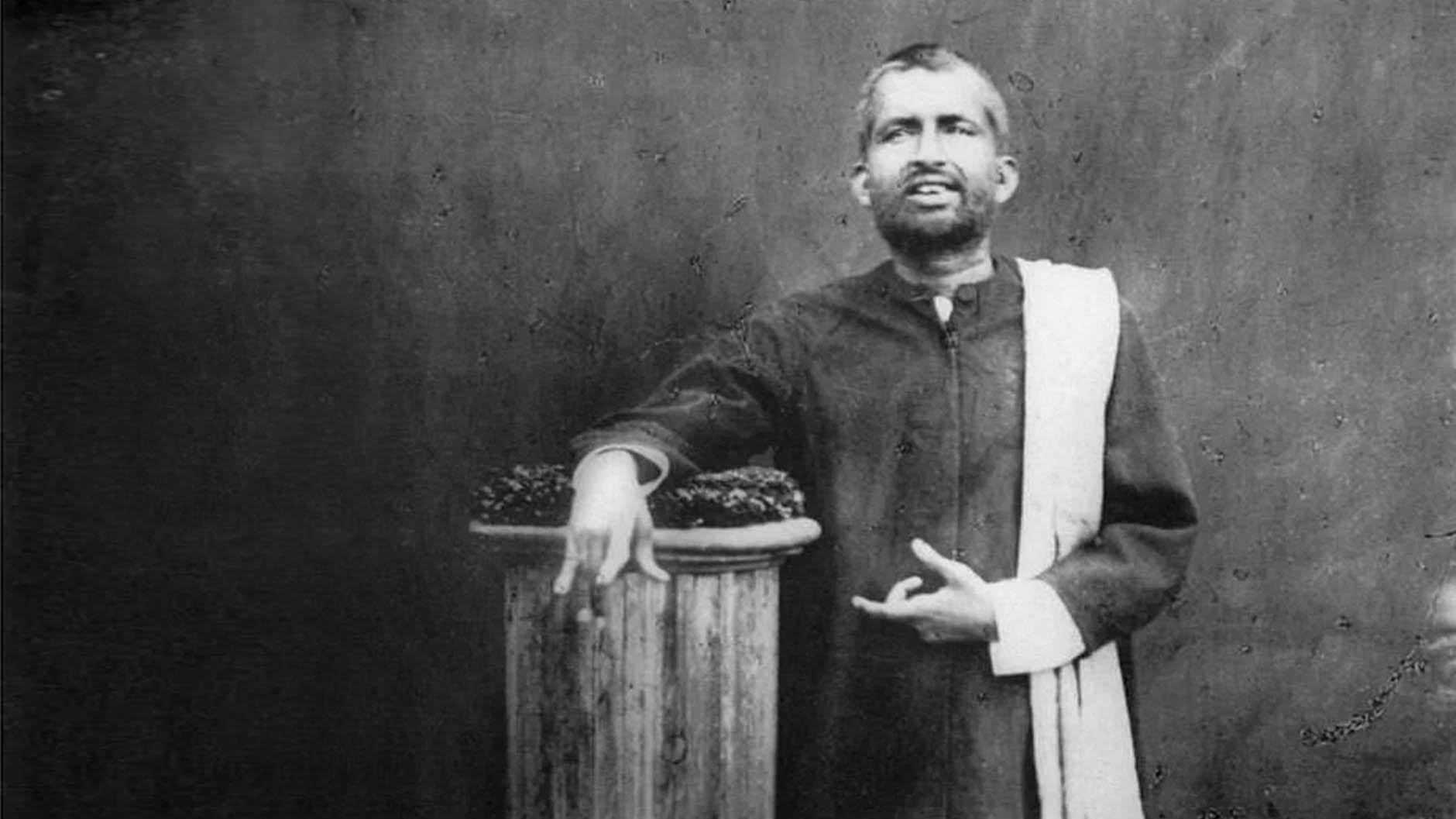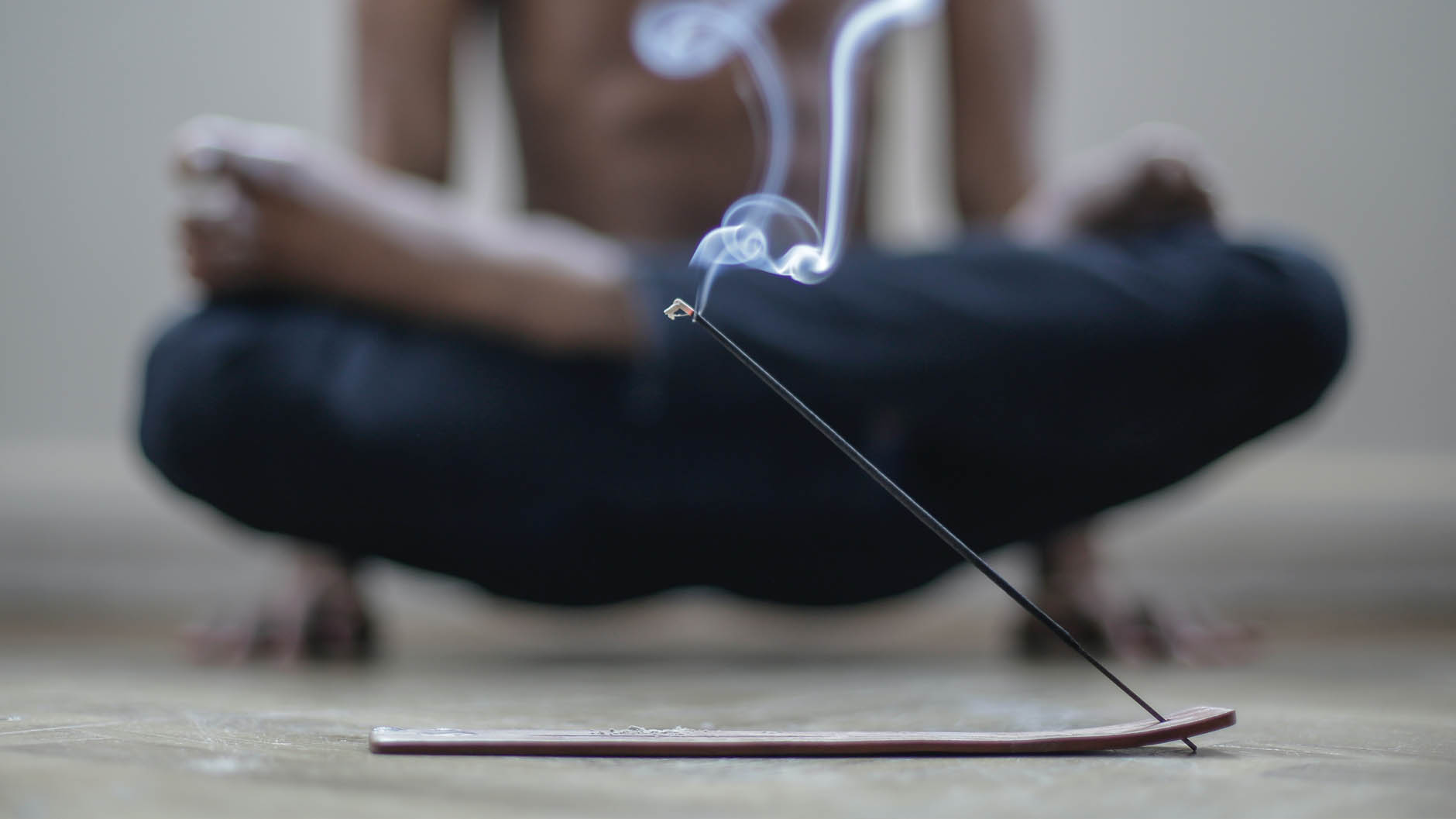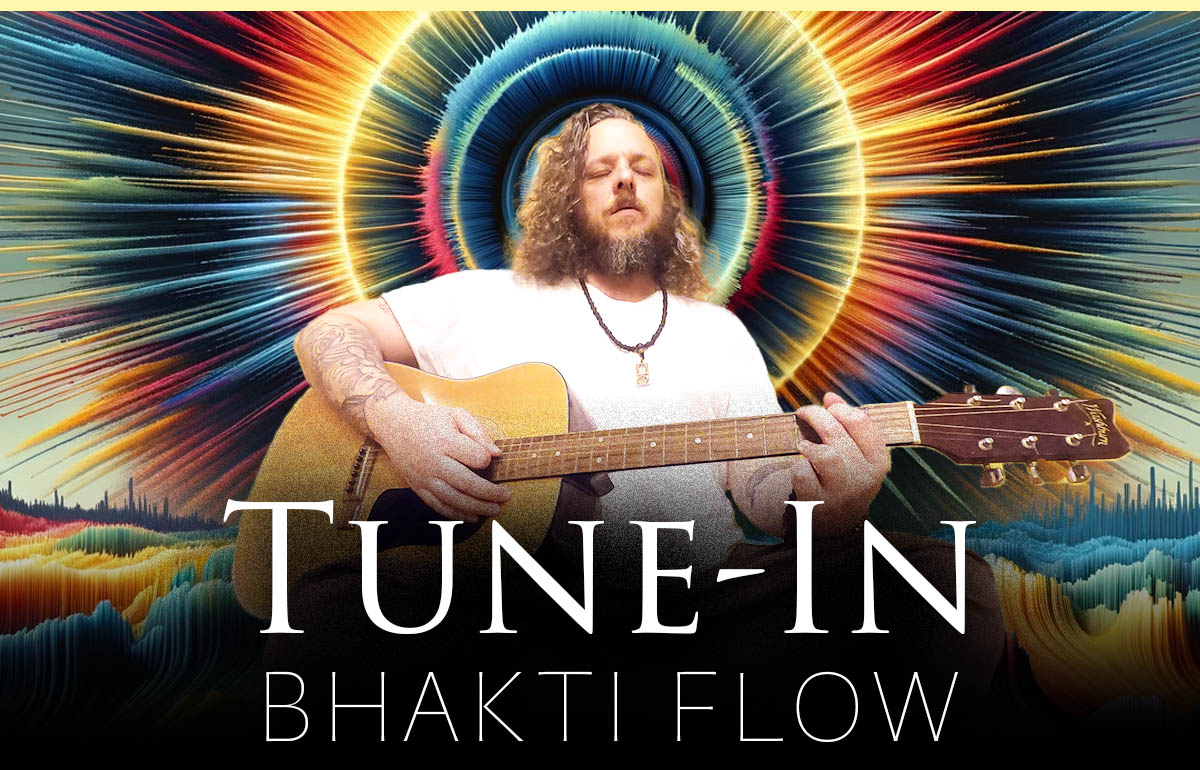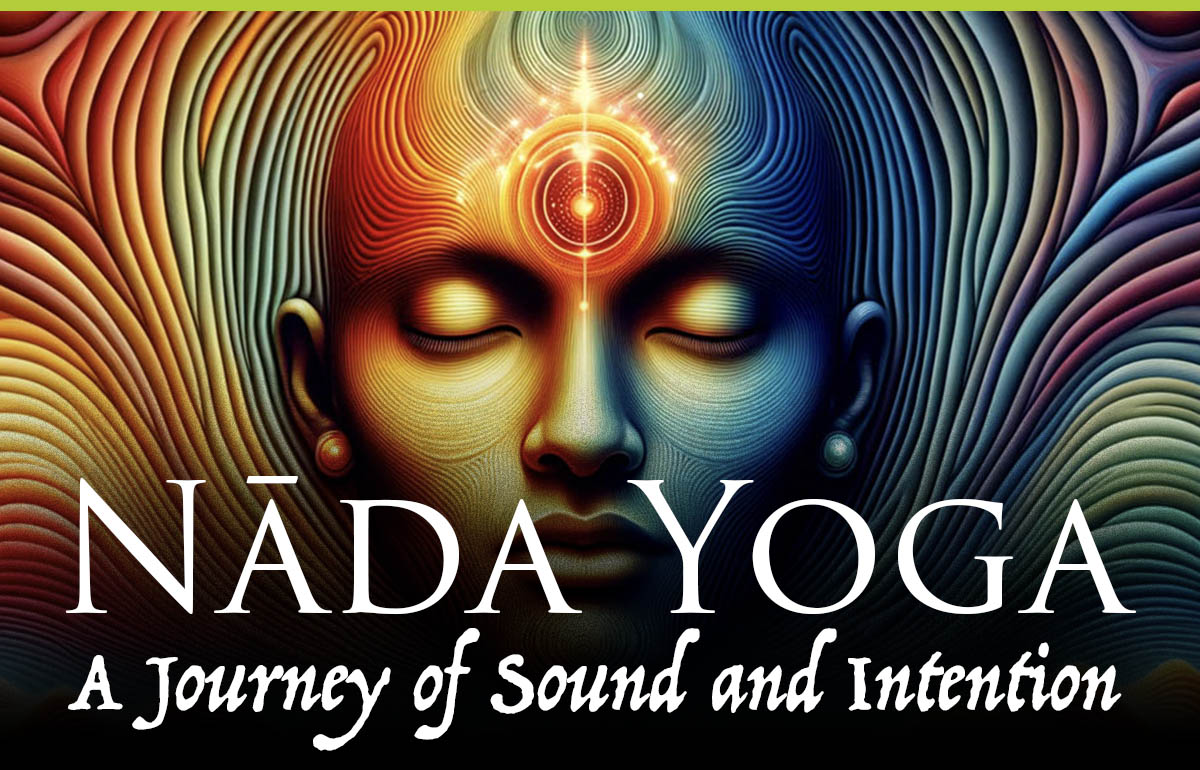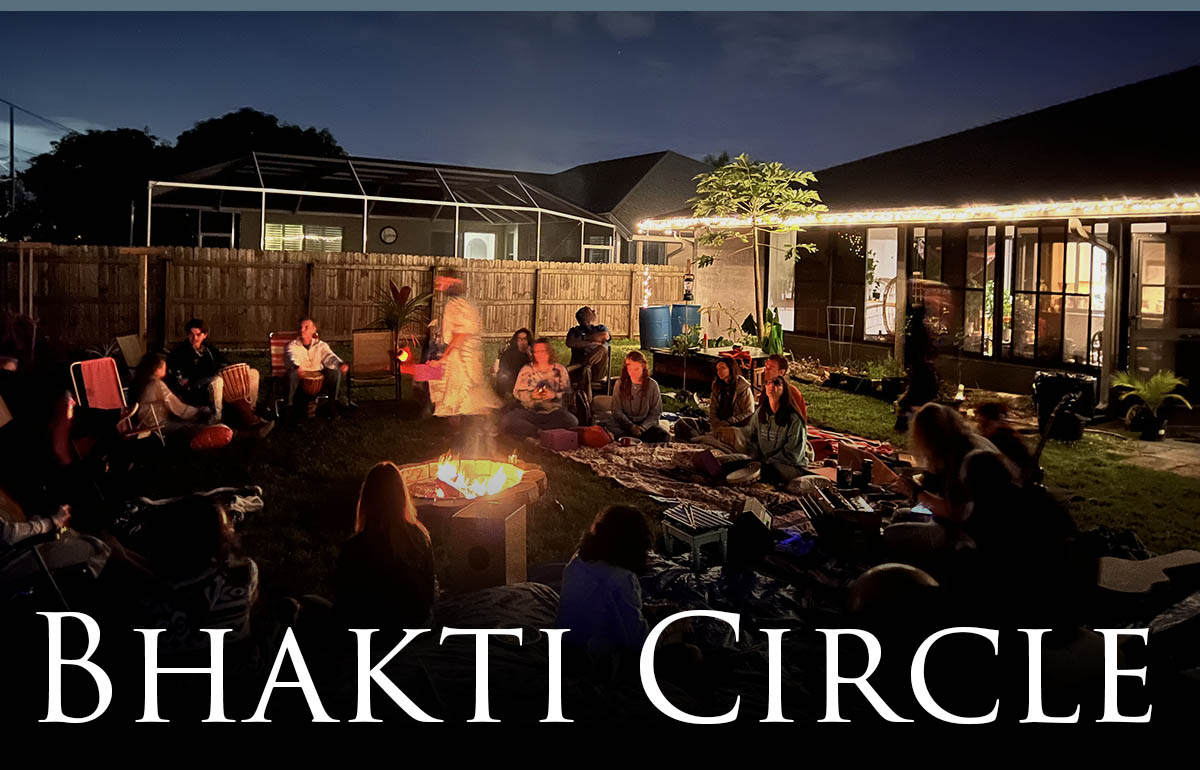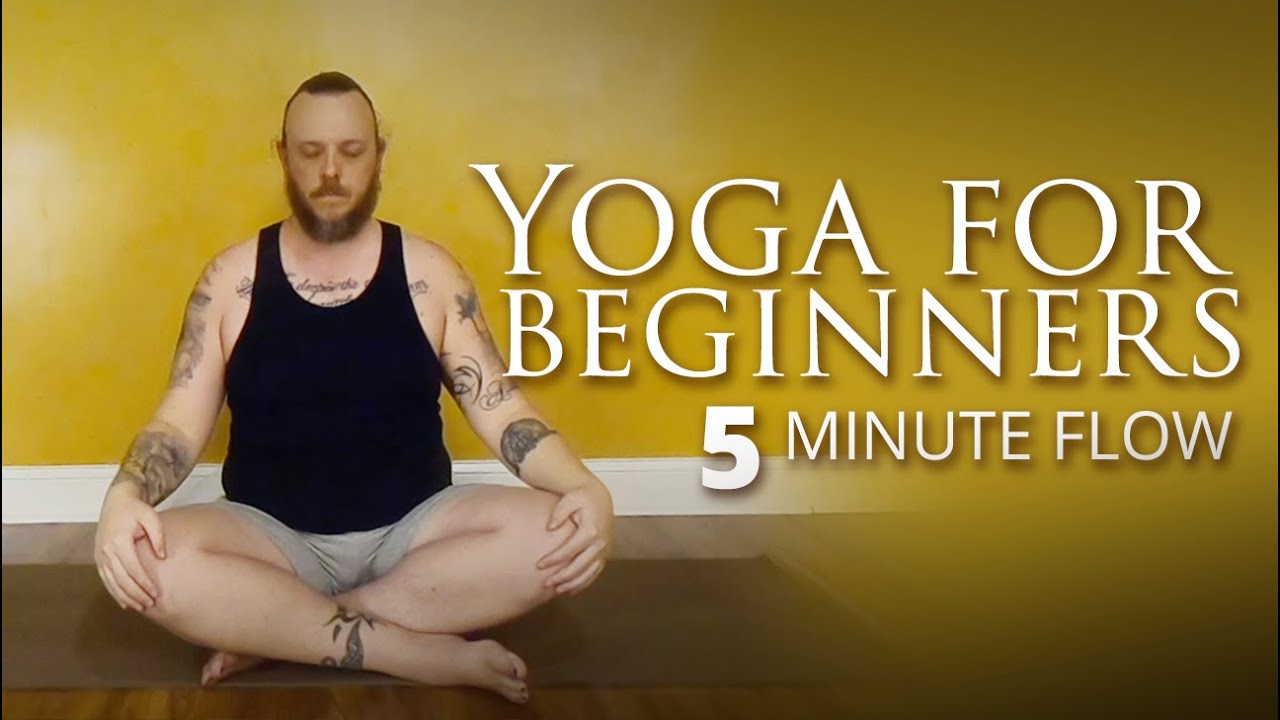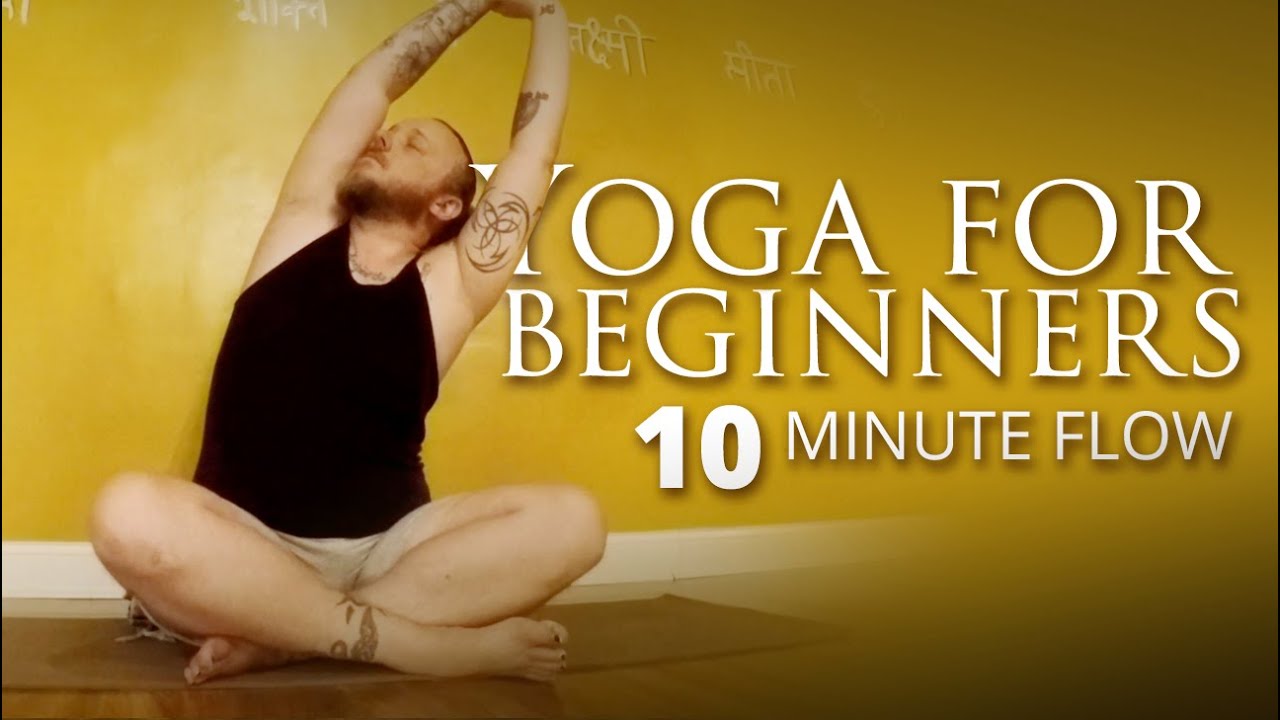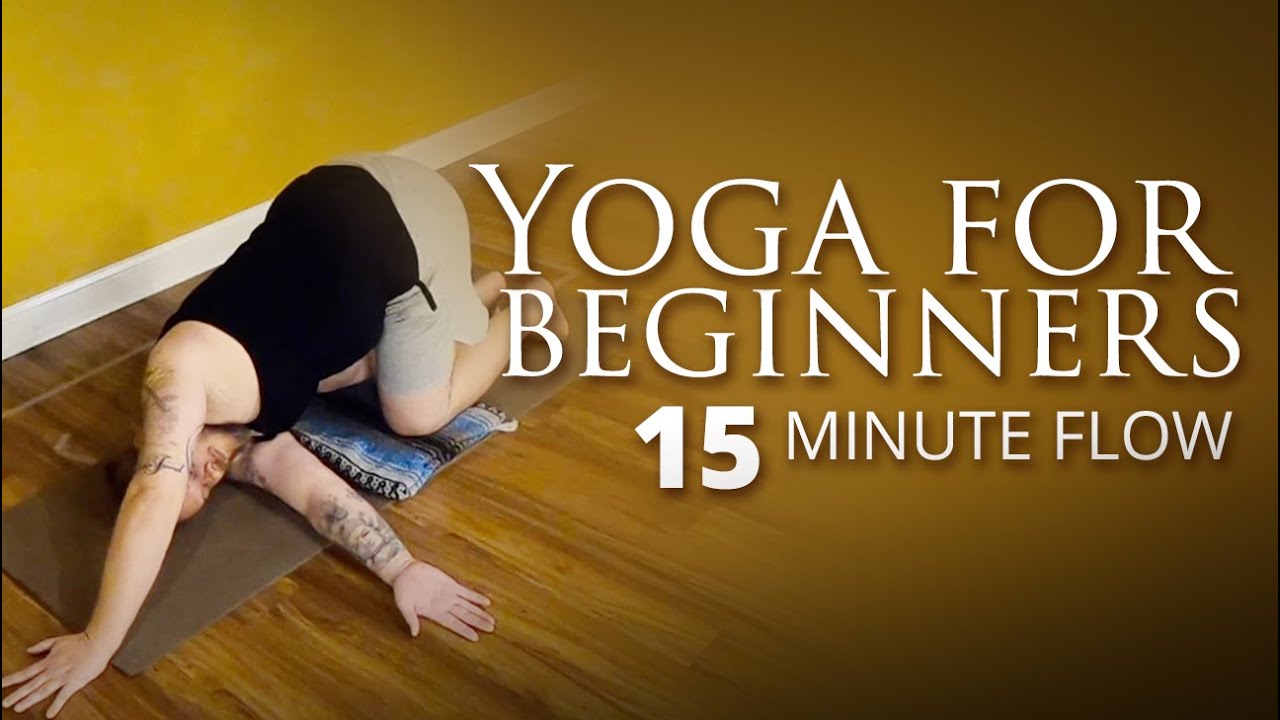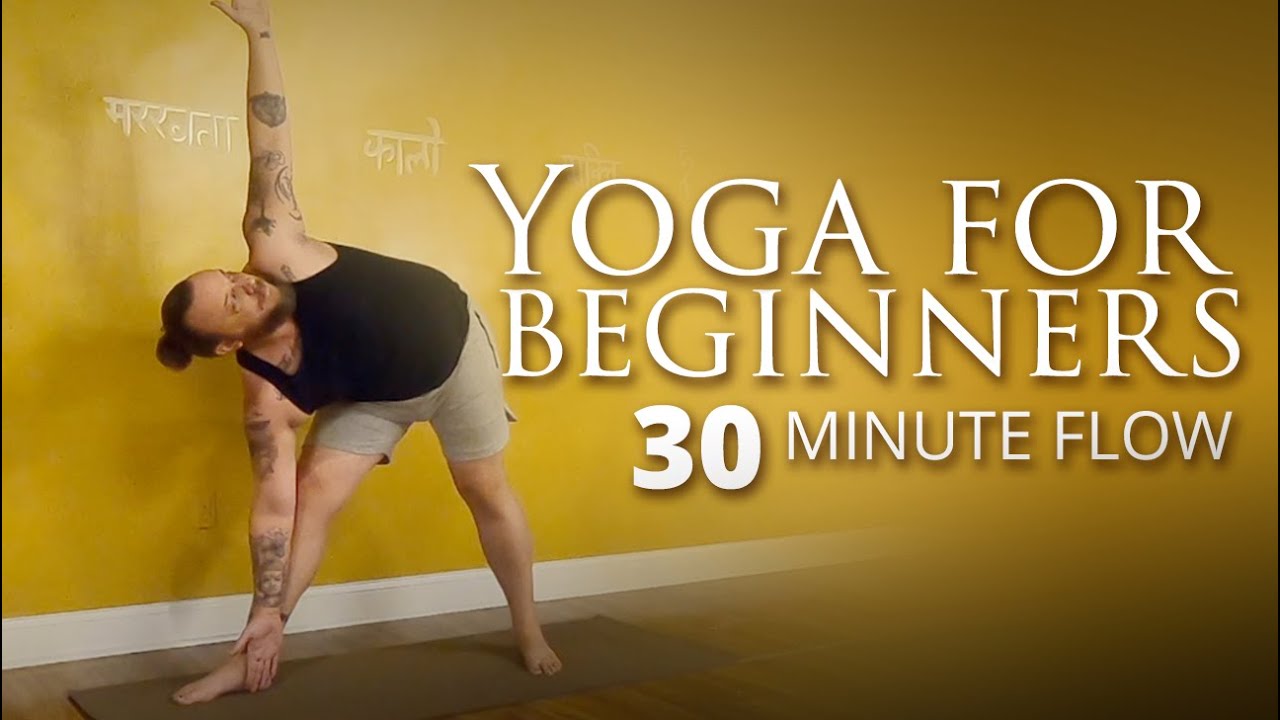The Four Streams of Yoga
The ancient philosophies of Vedanta share deep wisdom with us about many areas of life, including suffering. We are told that there are five things that cause humans to suffer. These are known as the Five Kleshas (poisons), and understanding them can help us to maneuver our lives around them.
The Five Kleshas, or the five causes of suffering:
- Avidya (Ignorance)- Not knowing ourselves.
- Raga (Attachment)- Holding strongly to the impermanence of life.
- Dvesha (Aversion/Repulsion)- Avoidance of things.
- Asmita (Egoism)- Building a separate reality.
- Abhinivesha (Fear of death)
Vedanta gives us awareness of these poisons and how they can cause hardship and heartache in our lives. Awareness is key, however, we also need guidance on how to navigate and avoid them, which Vedanta provides. It offers us solutions on how to defeat the Kleshas and live in peace. We are told that if we can identify the root cause of our suffering, we can heal it and reawaken to our true selves. By doing this, the other poisons will weaken and fail to cause us trouble.
Reawakening Ourselves with Yoga
Part of the solution to defeating suffering in our lives is a reawakening or rediscovering our true selves. How to do that may seem a mystery to some, however, through the path of yoga, we find a seamless and foundational answer.
Yoga is a rediscovering of the true self. It is a renewal of peace, joy, and contentment through the coming together of the body, mind, spirit, and soul. Through yoga, Vedanta shows us a pathway that reaches each person and meets them in their differences. We are gifted with the Four Streams of Yoga, which are spiritual practices that can help us on our journey of rediscovery.
The Four Streams of Yoga tell us that we have four ways of being; acting, thinking, feeling, and nothing.
- Act (Karma Yoga)
- Think (Jyana Yoga)
- Feel or love (Bhakti Yoga)
- Nothing (Samadhi or Raja Yoga)
Karma Yoga – The Yoga of Action
 The first stream of yoga is Karma Yoga, which is acting. The meaning of karma is action, thus Karma Yoga is meant to draw us to something related to action. Overall, Karma Yoga seeks to teach us to perform actions and not become attached to any particular outcome. This is important because it enables us to perform acts of service without being self-seeking. In fact, overall, Karma Yoga is quite selfless and helps us stop identifying with the ego as we perform actions as an offering.
The first stream of yoga is Karma Yoga, which is acting. The meaning of karma is action, thus Karma Yoga is meant to draw us to something related to action. Overall, Karma Yoga seeks to teach us to perform actions and not become attached to any particular outcome. This is important because it enables us to perform acts of service without being self-seeking. In fact, overall, Karma Yoga is quite selfless and helps us stop identifying with the ego as we perform actions as an offering.
Through Karma Yoga, the heart undergoes purification that enables dark aspects such as hatred, jealousy, egoism, and selfishness, to flee. In their place positive qualities including love, sympathy, humility, and compassion, flourish. When viewed quite simply, Karma Yoga is simply the practice of learning to do what is right. People take the right path, make the right choice, unselfishly choose to serve and show love, without worrying about seeing a specific outcome, including gratitude.
Through Karma Yoga, personal desire eventually dissolves away, leaving only the desire to serve our fellow travelers, and ultimately – the Divine.
Jnana Yoga – The Yoga of Knowledge & Self Reflection
 Next, we come to Jyana Yoga, which is thinking, knowledge, and wisdom. We can find enlightenment with this stream, as we learn to discern reality from fiction and understand the truth. Those on this path are greatly interested in learning, study, and self-reflection. They nurture their minds as they rise above themselves and discover they are interconnected with the Divine.
Next, we come to Jyana Yoga, which is thinking, knowledge, and wisdom. We can find enlightenment with this stream, as we learn to discern reality from fiction and understand the truth. Those on this path are greatly interested in learning, study, and self-reflection. They nurture their minds as they rise above themselves and discover they are interconnected with the Divine.
On this path, the ego seeks to sway, to move, to disrupt. Thus, on this path, we must have a strong-will that is determined and secure, one that will not be moved.
Jyana Yoga requires studying of the Great Masters, the ancient texts, and ourselves. We must understand our who and our why, we must know our deepest motivations, and be prepared to connect them to the wisdom of the texts and Masters.
Bhakti Yoga – The Yoga of Devotion
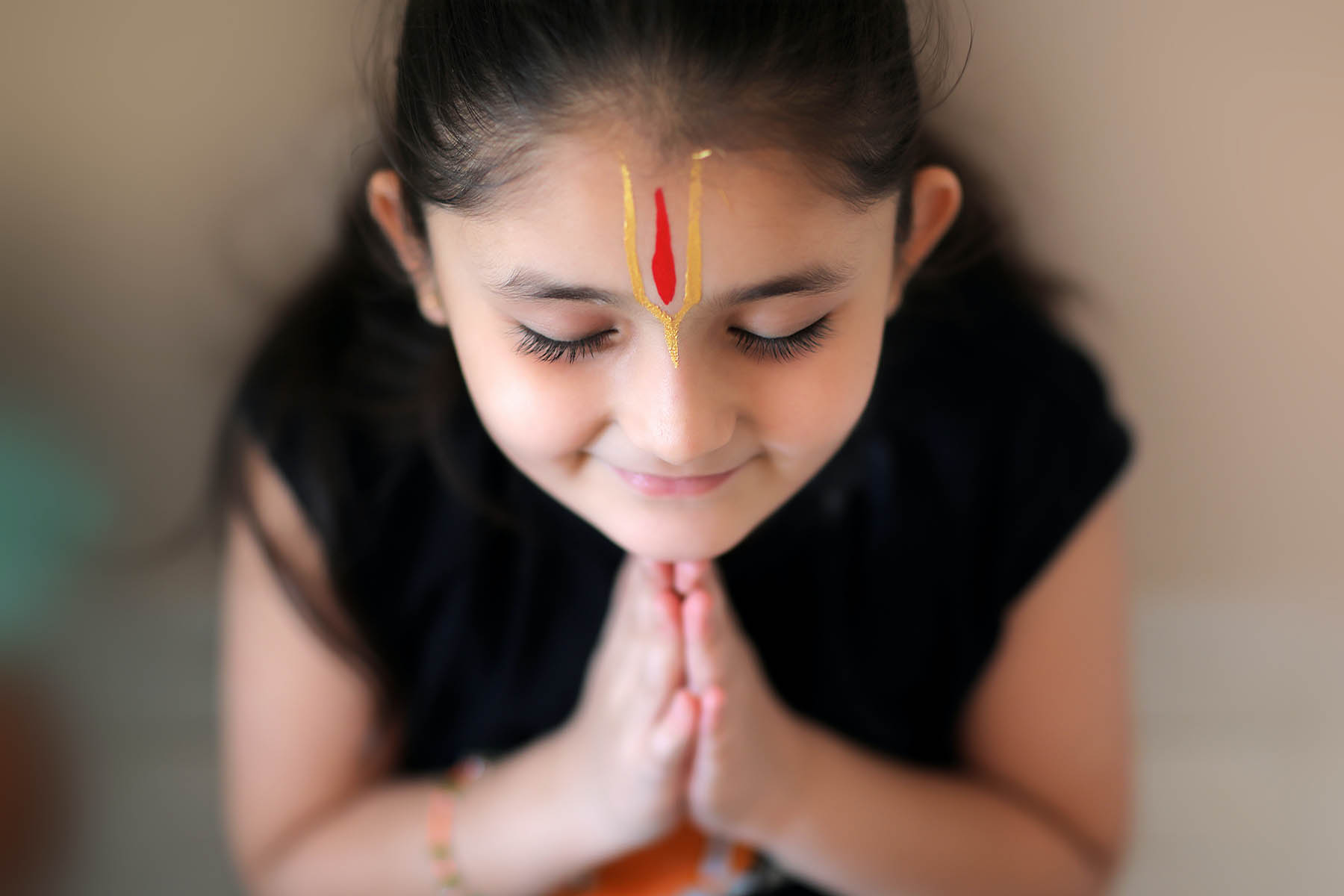 Feeling, or love, comes through the practice of Bhakti Yoga. This love and devotion is foundationally to the Divine, but can also be rooted in feelings and love for anyone with whom we are deeply tied emotionally. The Bhakti tends to be an easier path than the Gyana, as it eases a bit of the confusion, suffering, and pain that comes from the outer world. It is something that anyone can practice at anytime, as it is the replacement of dark feelings with light ones.
Feeling, or love, comes through the practice of Bhakti Yoga. This love and devotion is foundationally to the Divine, but can also be rooted in feelings and love for anyone with whom we are deeply tied emotionally. The Bhakti tends to be an easier path than the Gyana, as it eases a bit of the confusion, suffering, and pain that comes from the outer world. It is something that anyone can practice at anytime, as it is the replacement of dark feelings with light ones.
Through Bhakti, we dispose of hatred, jealously, anger, pride, and other negative feelings, and replace them joy, love, peace, ecstacy, and more. The love that we experience through Bhakti weaves a deep connection with the Divine, picking up what we have been missing, what has been hiding just beyond our realm of understanding.
It has been covered by our pain, our hardships, our longing, yet is has always remained. We feel it, even when we don’t know it’s there, and it hurts because we are unaware how to grab hold of it. However, on the path of Bhakti, we reawaken our ability to find that love and pull it back into our reality. We begin to truly feel love and all of the blissfulness that goes with it.
This love begins with the Divine, then ourself, then to everyone in our lives. It completes us and holds us as we uncover it more and more.
Raja Yoga – The Royal Path
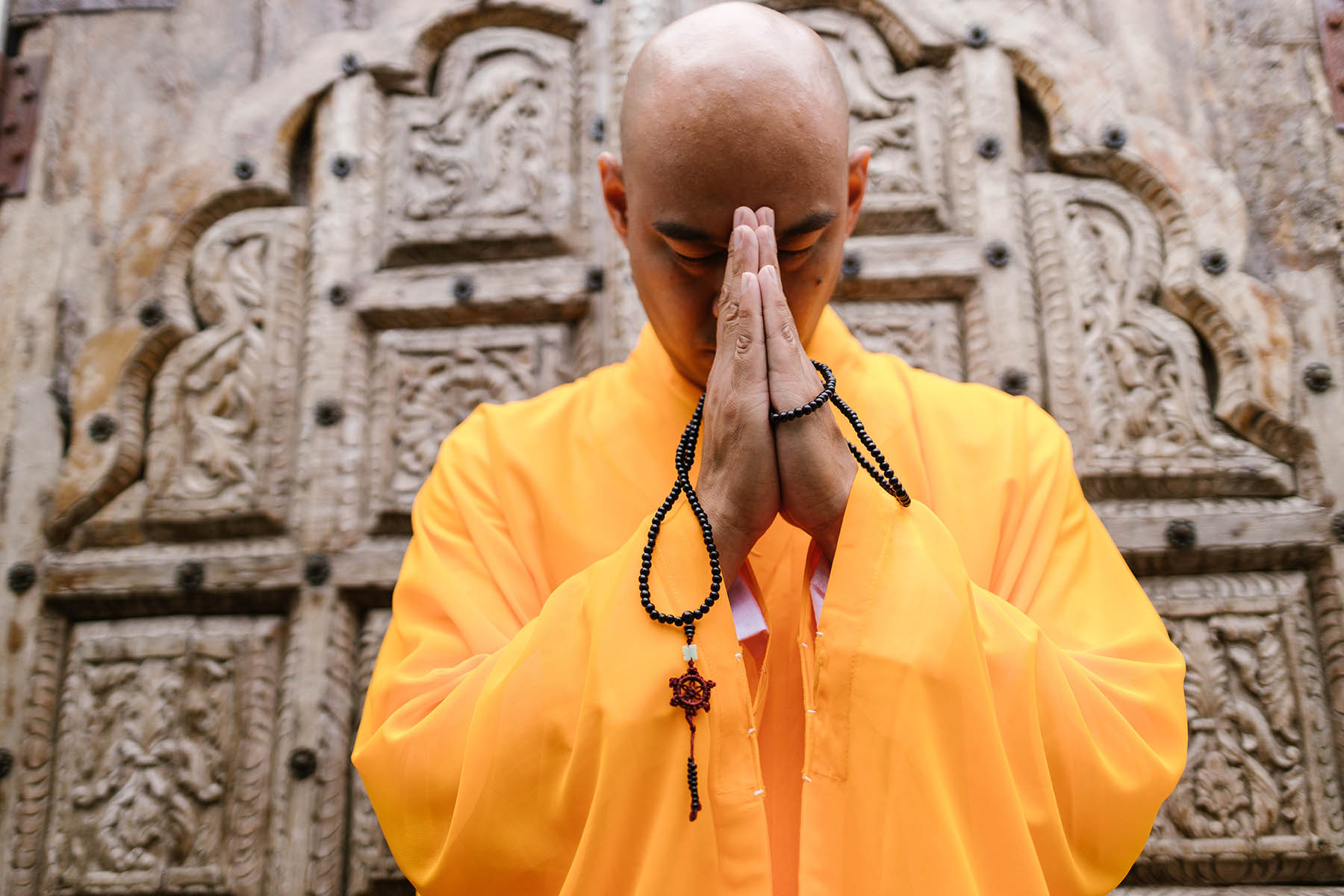 The stream of Raja Yoga brings us to a place of needing nothing outside of our mind. This is the Royal Stream, the path to control over our mind. With practice, we develop abilities that had been dormant. We use mantras, mediations, and other techniques to take control of our minds. We don’t let ourselves wander, we don’t allow life to barge in and take hold of us. Instead, we dismantle any disturbances and solely focus on controlling our own minds. This path opens up our eyes to what we can truly do and how we can really understand ourselves.
The stream of Raja Yoga brings us to a place of needing nothing outside of our mind. This is the Royal Stream, the path to control over our mind. With practice, we develop abilities that had been dormant. We use mantras, mediations, and other techniques to take control of our minds. We don’t let ourselves wander, we don’t allow life to barge in and take hold of us. Instead, we dismantle any disturbances and solely focus on controlling our own minds. This path opens up our eyes to what we can truly do and how we can really understand ourselves.
The experience of nothing through Raja Yoga moves us towards completion and enables us to live.
Practicing the Four Streams of Yoga
The interconnectedness of the Four Streams of yoga gives us a look at the whole self. We see how each one merges seamlessly with the others, giving us awareness, strength, and focus. As you begin following the Four Paths, simply choose the one that you are feeling the most drawn to on any day and start to live by it. You will begin to rediscover yourself and put an end to the suffering, or Kleshas, in your life.

